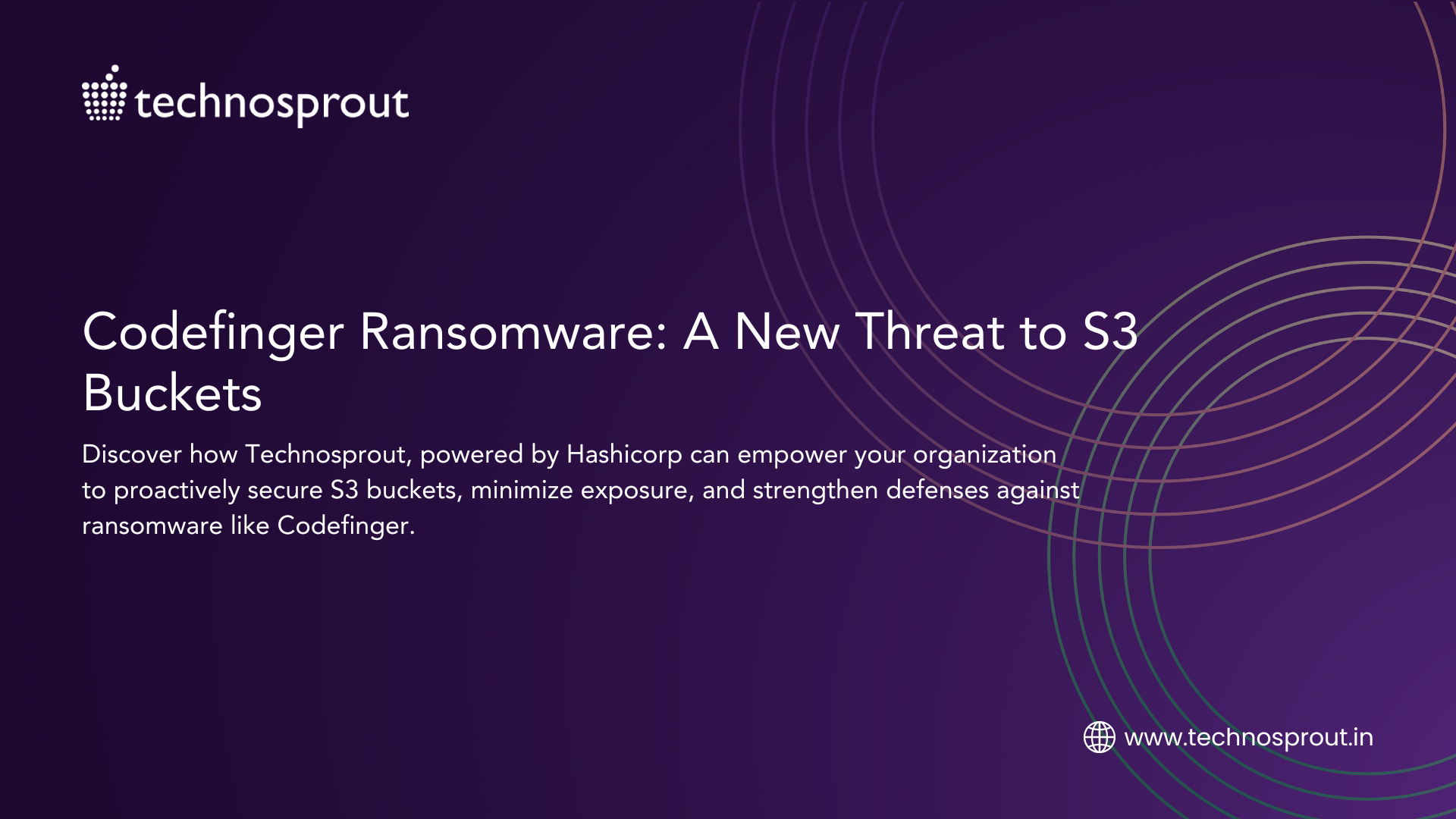Financial services operate on a tightrope stretched across a digital canyon. Every transaction and every account access is a step forward, filled with potential dangers. Why? Because of the vast amount of sensitive data they handle which includes personal information, and financial transactional account details that can be highly valuable to the attackers.
Identity security acts as the high-tech balancing pole. Just as a skilled acrobat uses their pole for precision and stability, financial institutions rely on robust identity security to navigate the complexities of digital finance. From global investment houses to local credit unions, all institutions trust this system to keep them steady and prevent a fall into the abyss of fraud and data breaches making Identity security important for both the institution and the customer.
Identity Security in Today’s Financial Sector
As the digital financial landscape expands, carrying an ever-increasing volume of data and transactions, robust identity security becomes the unwavering lifeline. A staggering 93% of organizations faced two or more identity-related breaches in the past year, highlighting the critical need for this safeguard. Beyond preventing catastrophic falls, strong identity security fosters a climate of trust, empowering institutions to innovate and engage with customers securely and efficiently.
Key reasons why identity security is crucial for financial institutions:
1. Preventing Fraud and Financial Loss
- Identity Theft: Cybercriminals can use stolen identities to open fraudulent accounts, obtain loans, and make unauthorized transactions.
- Data Breaches: A data breach can lead to the exposure of sensitive customer information, resulting in financial loss and reputational damage.
- Phishing Attacks: Phishing scams often target financial institutions to trick customers into revealing their login credentials or personal information.
2. Protecting Customer Trust
- Reputation: A strong identity security posture is essential for maintaining customer trust and confidence.
- Loyalty: Customers who feel their personal information is safe are more likely to remain loyal to a financial institution.
3. Regulatory Compliance
- Data Privacy Laws: Many countries have strict data privacy laws that require financial institutions to implement robust security measures to protect customer data.
- Industry Standards: Adherence to industry standards like PCI DSS (Payment Card Industry Data Security Standard) is often mandatory for financial institutions.
4. Mitigating Insider Threats
- Employee Access: Unauthorized access to sensitive data by employees can pose a significant risk.
- Insider Trading: Preventing insider trading is essential for maintaining the integrity of financial markets.
5. Enhancing Operational Efficiency
- Streamlined Processes: Effective identity security can streamline processes by automating authentication and authorization tasks.
- Reduced Costs: Preventing security breaches can save financial institutions significant amounts of money in the long run.
A Strategic Framework for Strengthened Identity Security
As the digital financial landscape expands, demanding a more robust and adaptable security posture, consider these six foundational elements to fortify identity security and stay ahead of evolving cyber threats:
- Dynamic Access Management: for the right entities, at the right times. This requires balancing user convenience with stringent security measures to prevent unauthorized access.
- Intelligent Privilege Control: Strengthen your security foundation with smart controls for protecting privileged accounts, such as implementing a zero-standing privilege model. Tightly managing access minimizes breach risk while allowing your team the flexibility they need.
- Unified Identity Orchestration: Weave a stronger security fabric by integrating and managing all identity processes from a central location. This centralized view helps identify discrepancies and potential threats before they can cause harm.
- Proactive Threat Detection: Equip your security system with advanced threat detection capabilities that can anticipate and respond to potential attacks. Continuous monitoring and real-time analysis are crucial for swiftly detecting and mitigating threats.
- Comprehensive Identity Mapping: Make every part of your security system visible and accountable by mapping out all human and machine identities within your network. Knowing who and what has access is critical for maintaining a secure environment.
- Adaptive Authentication: Adapt your security posture based on the situation. Implement context-sensitive, adaptive multi-factor authentication (MFA) that responds dynamically to varying threat levels, enhancing security without compromising the user experience.
These six elements work together to create a comprehensive and adaptable security posture that can protect your financial institution from evolving cyber threats.
Key Identity Security Measures for Financial Institutions:
- Multi-Factor Authentication (MFA): Requiring users to provide multiple forms of identification to access accounts.
- Strong Password Policies: Enforcing the use of complex, unique passwords.
- Regular Security Awareness Training: Educating employees about security best practices.
- Data Encryption: Protecting sensitive data with encryption algorithms.
- Access Controls: Restricting access to sensitive data based on roles and permissions.
- Incident Response Planning: Developing a plan for responding to security breaches.
By prioritizing identity security, financial institutions can protect their customers, maintain their reputation, and comply with regulatory requirements.

Beyond Compliance: Elevating the Safety Standards
While compliance like SEBI, RBI, PSI –DSS, and IRDAI provide a regulatory framework for setting up the safety net, true security leadership in the global financial sector involves cooperation to weave a net that’s ahead of the curve – anticipating risks and reinforcing points of vulnerability before they are tested.
The digital financial landscape is rapidly evolving, demanding a more sophisticated and forward-thinking approach to security. Cybersecurity professionals in finance have a unique opportunity to set the standard by building a robust and compliant identity security framework. By implementing these six strategic pillars, you can safeguard your institution’s assets, cultivate a culture of security awareness, and become a model for the industry.
A Confident Approach to Financial Identity Security with Technosprout
Embrace this holistic approach with Technosprout to identity security to ensure your financial operations can perform confidently. By strengthening your own company’s safety net, you protect not only your data and transactions but also the trust and confidence of your customers. Implement these strategies to stay agile and secure in a world where the stakes are as high as the rewards.
Amidst a myriad of MSSP options in the market, why opt for Technosprout? How can we help? What sets us apart?
Achieving cyber confidence begins with a solid strategy and governance. Technosprout leverages an “Assess, Design, Implement and Manage” four-pronged approach that leads organizations methodically through business transformation throughout the lifecycle
Our managed security services provide customized, comprehensive solutions, addressing specific business needs strategically along with the best certified experts and an experience of 7+ years in the market.
Don’t let your organization be the next target. Empower your organization and secure your Identities. We help implement and manage your Identity Security Game with CyberArk for complete risk mitigation. Strengthen your Identity with CyberArk Identity Access Management solutions and Technosprout Managed Services.





